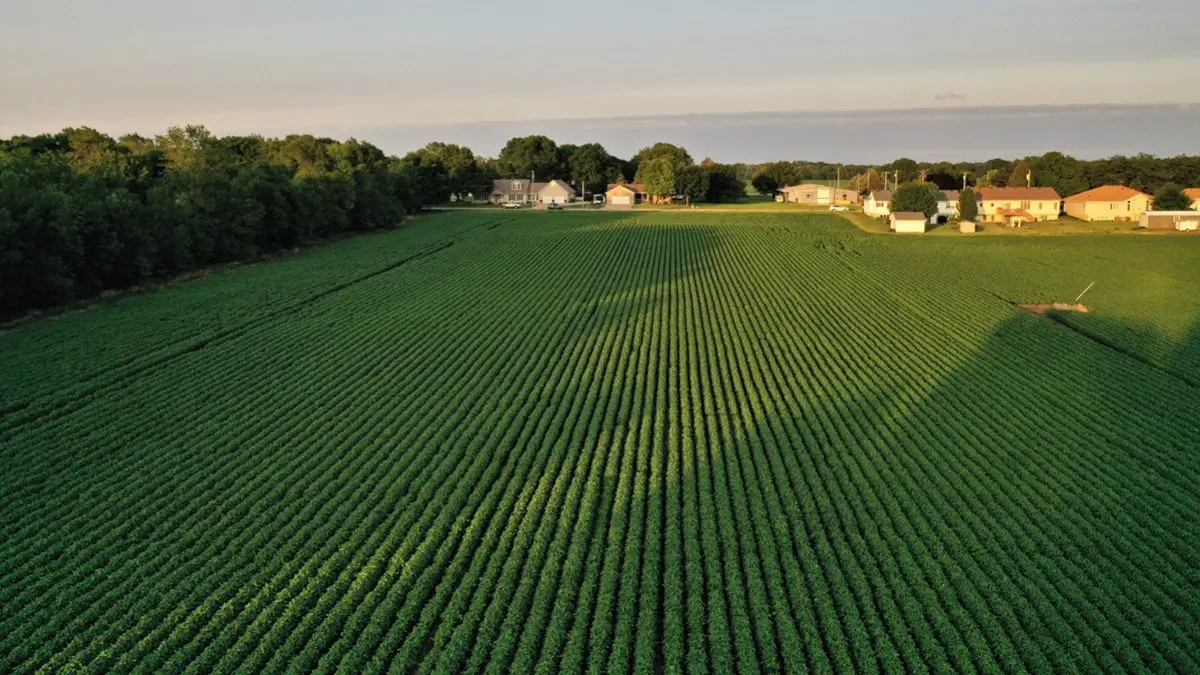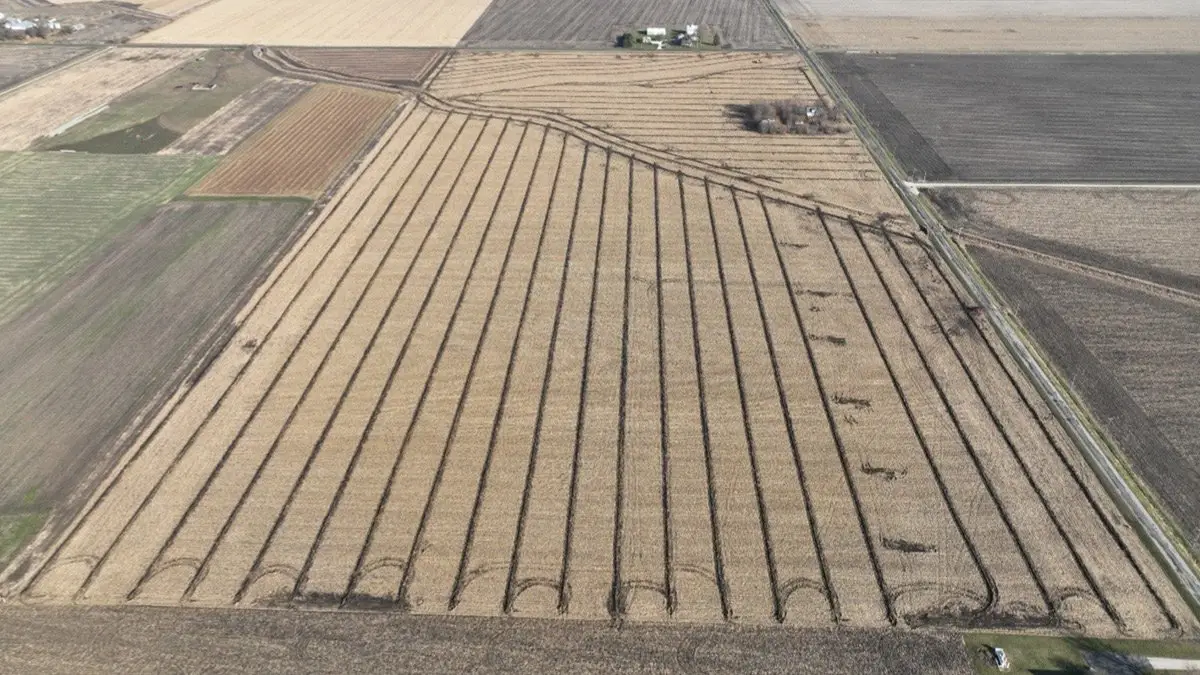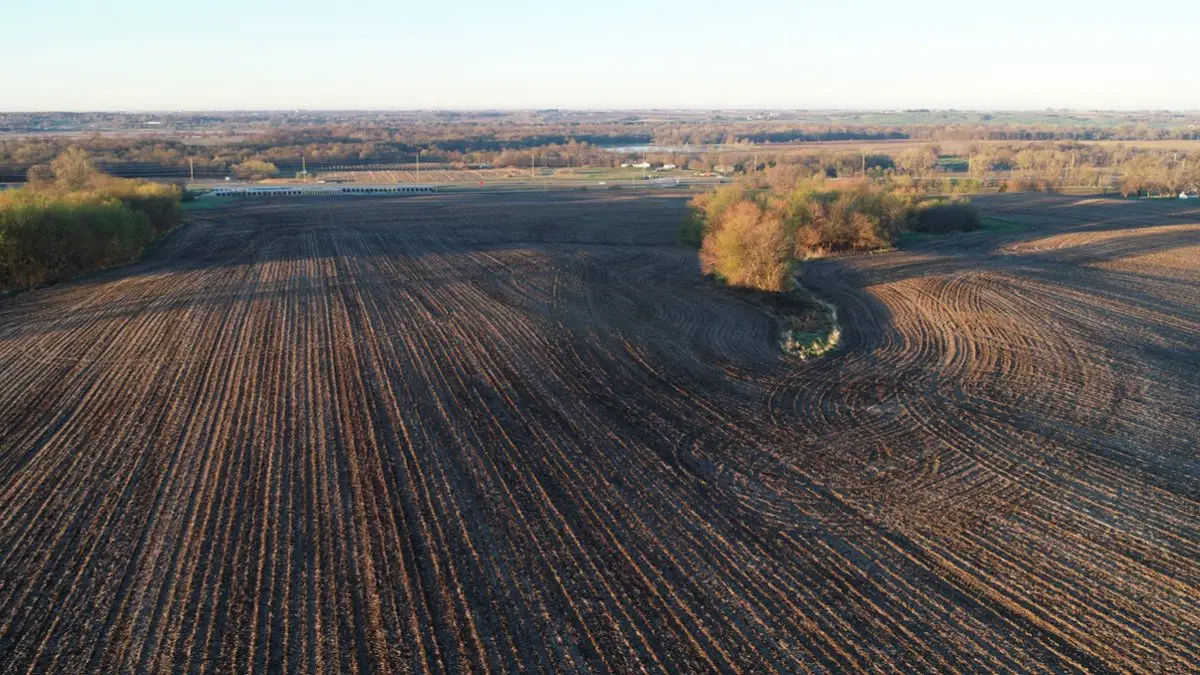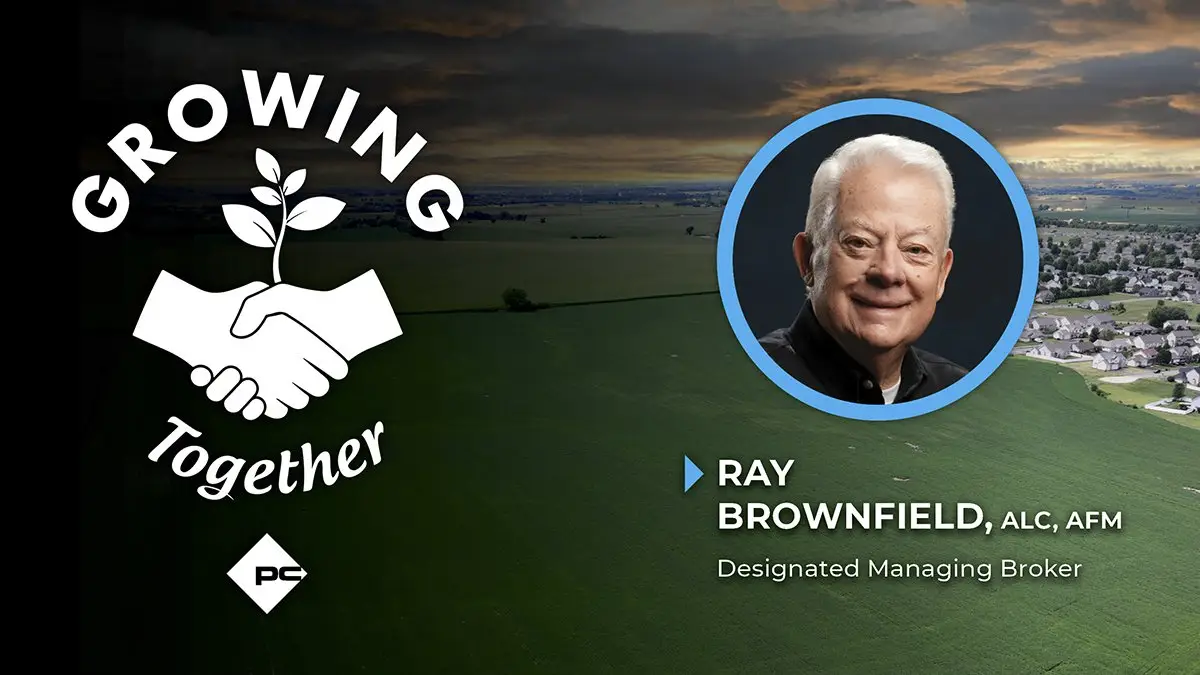
To regain trust in the financial and lending sector of the economy, the United States Congress passed Title XI Financial Institutions Reform, Recovery, and Enforcement Act of 1989, also known as FIRREA. This act signaled the beginning of appraisal licensing. Every appraiser begins their career as a trainee/limited license appraiser. Licensing in the United States is recognized by each individual state, yet primarily includes Limited Appraiser, State Licensed Appraiser, Certified Residential Appraiser, and Certified General Appraiser. This blog focuses on the path to obtain the Certified General Appraiser License, and the various professional accreditations available. Professional accreditations can add credibility to an appraiser’s niche or specialty work area.
The path to gain your Certified General Appraiser License can be daunting at the beginning, especially after graduating with a bachelor’s degree, which is a requirement for Certified General. This journey provides opportunities to refine your skills and build your professional network. The appraisal classes such as Principles, Procedures, and USPAP provide the basic understanding of the appraisal process to help get started.
The Appraiser Qualifications Board of The Appraisal Foundation (AQB) requires applicants to take an additional 225 hours of coursework on top of the initial 75 hours to become a trainee. As a rural appraiser, I encourage appraisal trainees to take as many of the required classes to become a Certified General Appraiser through the American Society of Farm Managers and Rural Appraisers (ASFMRA). Courses such as the Cost Approach, Sales Comparison Approach, and Highest and Best Use, through the ASFMRA, put a rural twist into these classes, especially in breaking down depreciation on rural properties and analyzing various land classes for the sales comparison approach by using land mix.
At minimum, a trainee looking to obtain their Certified General license needs to gain 3,000 of appraisal experience over 18 months. Experience can include developing comparable sales, inspecting the subject property, working through the approaches to value, and several other tasks. This allows the trainee to work side-by-side with a supervisor to learn the ins-and-outs of the profession and refine their skills throughout the appraisal practice.
Below is a graphic showing the process to go from trainee to ARA, along with a link to the requirements for the ARA designation through the ASFMRA.
.jpg)
Pathway to Becoming an ARA: https://www.asfmra.org/accreditations/accredited-rural-appraiser
Once an applicant finishes their coursework with a minimum of 3,000 hours of appraisal experience, they can apply to sit for the exam to become a Certified General Appraiser via the AQB. This exam covers everything from the 300 total hours of course experience; it is a 6-hour exam.
Becoming a Certified General Appraiser is a great accomplishment and opens many doors as it is the highest licensing level an appraiser can obtain. It is easy to stop here; however, there are many professional designations to pursue depending on an appraiser's area of expertise. For a rural appraiser, the Accredited Rural Appraiser (ARA) designation from the ASFMRA is highly valued. Gaining the ARA designation shows potential clients and peers that an appraiser went above and beyond the standard in rural appraising.
The ARA accreditation requires five years of appraisal experience with 1,600 hours of appraisal work per year. Within this time frame, an applicant will need to complete courses on Eminent Domain, Valuations of Conservation Easements and Other Partial Interest in Real Estate, ASFMRA Best in Business Ethics, and Advanced Rural Case Studies. These courses provide more in-depth analysis on rural appraisal, which separates the ARA from other designations. The applicant will also need to complete a demonstration report, which shows that the applicant can apply all the principles of rural appraising in one appraisal report. Once the application and demo report are approved, the applicant needs to pass a two-day exam. Similar to the exam for Certified General Appraiser, the applicant will be tested on all aspects of the appraisal profession, with a rural appraisal twist.
“It is easy to become comfortable in our profession and just go day-to-day appraising; however, I encourage every appraiser to push themself beyond what is thought possible. The benefits may not be immediate, but the journey and lessons learned are immensely beneficial to every appraiser's career.”



.jpg)




